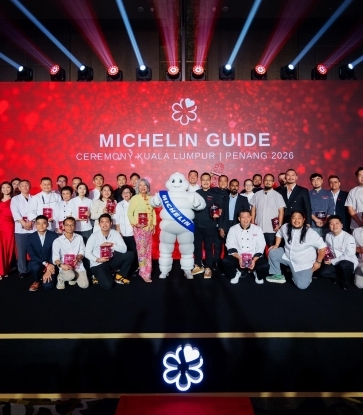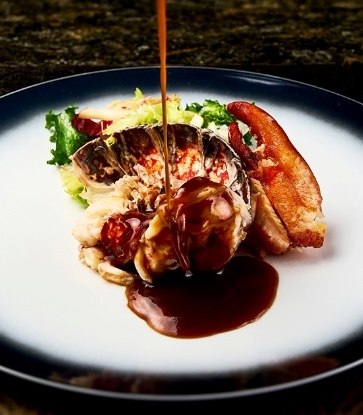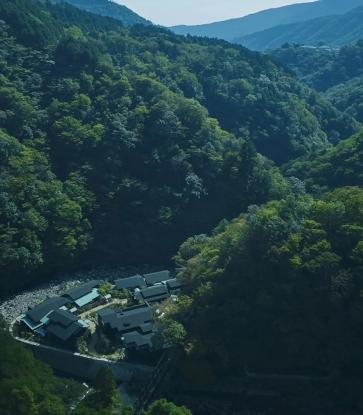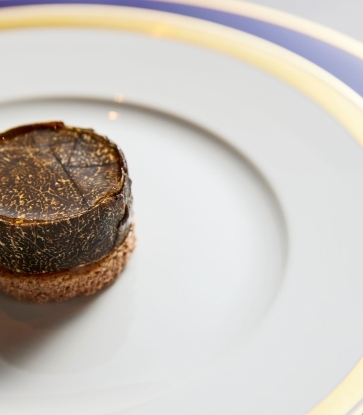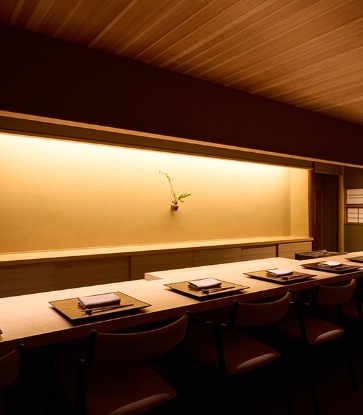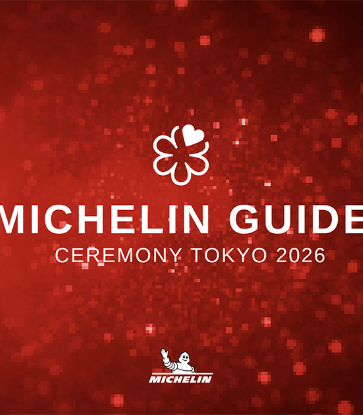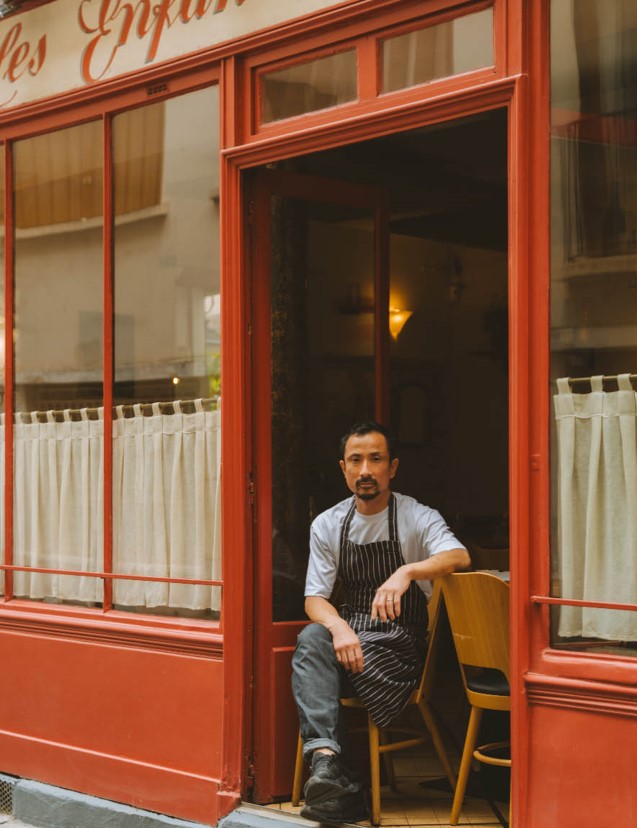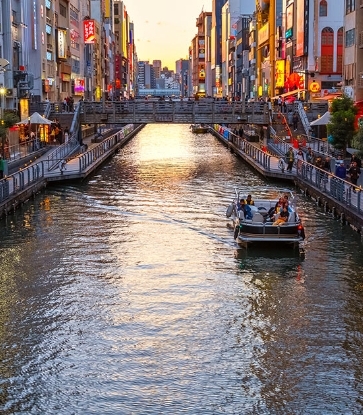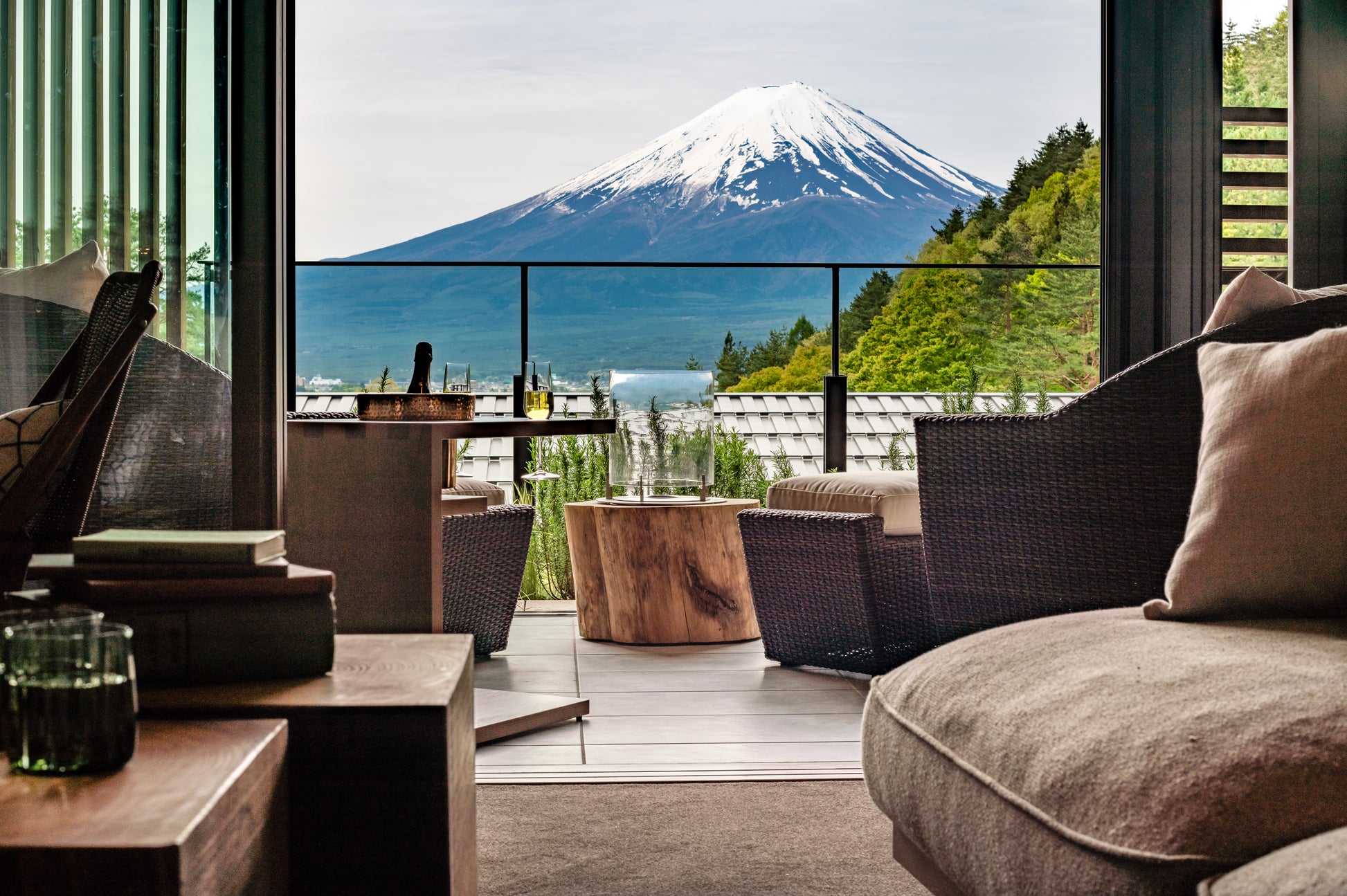We hope that these efforts will provide an opportunity for all to think about the future through gastronomy.
The MICHELIN Guide Kyoto Osaka 2022 has awarded MICHELIN Green Stars to 6 restaurants in Kyoto and 4 restaurants in Osaka, including 1 newly listed restaurant in Kyoto and 2 in Osaka.
In recent years, environmental conservation activities and moves towards a sustainable future have been attracting attention from around the world. Along with assessing the quality of the cooking, the Michelin Guide highlights those chefs and restaurants that are serious about sustainable gastronomy and therefore a more sustainable society with MICHELIN Green Stars.
<KYOTO>
Juu-go(Bib Gourmand, Soba)/ New MICHELIN Green Star
Akiya Ishibashi
❝In tilling the field on my own and working with buckwheat berries, I feel I am really co-existing with nature. I compost buckwheat husks, vegetable scraps and the kombu and katsuo-bushi used to make the dashi and return them to the soil as nutrients. Our food waste is approaching zero.❞

Sojiki Nakahigashi (2 MICHELIN Stars, Japanese)
Hisao Nakahigashi
❝We are what we eat’, so the earth and our bodies are indivisible. For that reason, we must respect the fruits of the earth. Our credo is "eat all of what is edible", so we even buy unripe vegetables from producer We s to prevent waste. are mindful of food sustainability, taking, for example, any leftover ingredients to chicken farms in Ohara, where they are used for feed. ❞

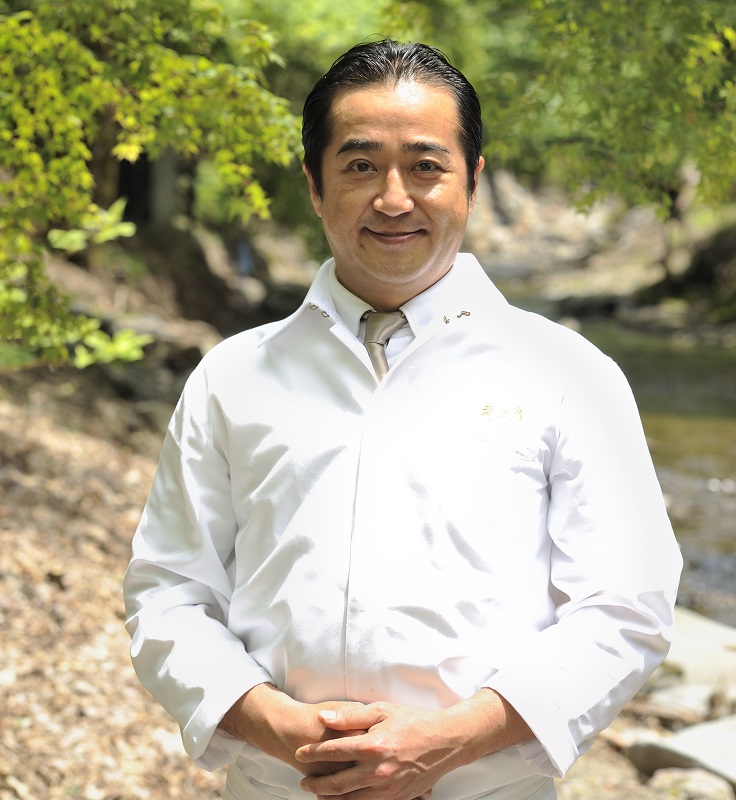
Miyamaso (2 MICHELIN Stars, Japanese)
Hisato Nakahigashi
❝We have been enhancing our awareness of the natural environment for many years. We seek to coexist with it, specifically the mountain ecosystem. We use mainly ingredients from nearby such as herbs, river fish and mushrooms, thus reducing our food mileage. Picking plants that grow in the wild gives us a true sense of the season. ❞

Muromachi Wakuden (1 MICHELIN Star, Japanese)
Kodaiji Wakuden (2 MICHELIN Stars, Japanese)
Tan (Bib Gourmand, Japanese)
Yuko Kuwamura
❝We engage in organic rice cultivation in Kyotango, which is where we were founded. We spread crab shells supplied by a ryotei over the paddy fields, thereby returning them to the earth as nutrients. The staff help out at rice planting and harvest times, with the harvested rice going to each of the restaurants. We engage in tree planting for forest regeneration, creating the Wakuden no Mori forest. ❞
<Osaka>
HATSU (1 MICHELIN Star, Innovative) / New MICHELIN Green Star
Kohei Masumoto
❝Our set menu includes vegetables grown without pesticides or chemical fertilisers and unagi raised in ponds heated with forestry wood waste. We chose the theme ‘sea and mountain’ so people will feel close to nature. We serve organic brown rice tea, helping maintain the traditional culture of Tohoku. ❞


Unkaku (1 MICHELIN Star, Japanese) / New MICHELIN Green Star
Masaharu Shimamura
❝We collaborate in farm-raising fish – to minimise the environmental burden – and in popularising it. We do not use fish caught using methods that threaten the ecosystem. We are also strengthening our ties with farmers that grow traditional Naniwa vegetables, so that Osaka food culture gets passed on. ❞


Kashiwaya (3 MICHELIN Stars, Japanese)
Hideaki Matsuo
❝We have partnered with a marine research institute to work on improving the quality and added value of farm-raised fish. We prize our relationships with nearby producers so that we can help keep alive the tradition and culture of Naniwa vegetables. ❞


Terada (1 MICHELIN Star, Japanese)
Shigeru Terada
❝We are strengthening ties with rice farmers who use rainfall and river water to grow rice so that traditional methods will continue. We use Koshihikari rice grown in terraced fields set aside for us. Vegetables come from our family home and are grown without burdening the environment. ❞



